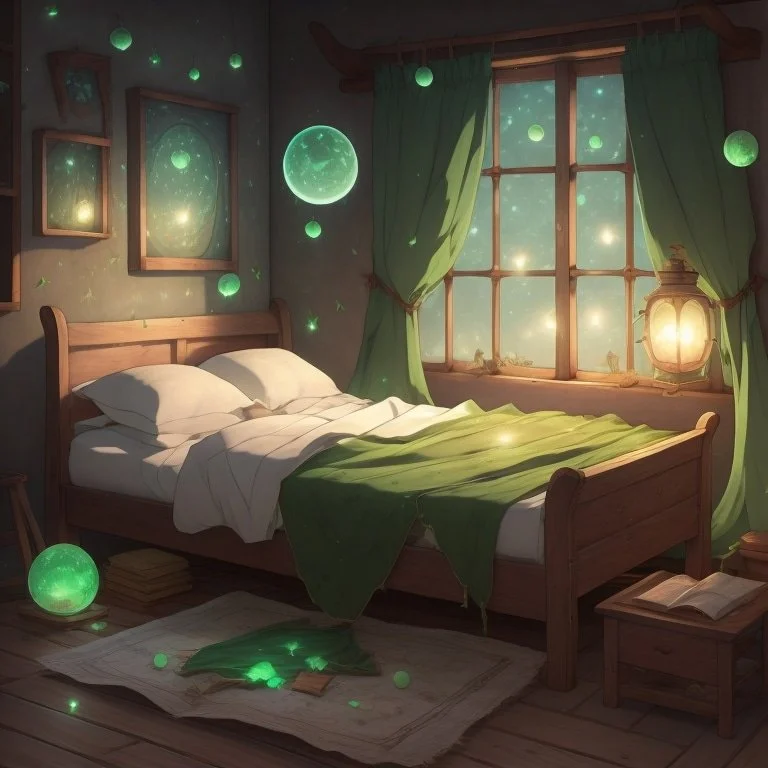Forging Worlds and Exploring Character: A Sacred Escape
I love my teaching job, and I’m blessed with the team and the students I work with. Recently, I’ve told co-workers I’ve authored a book. Many have responded by asking, “How do you find the time or energy to do that?”
Although empathetic, it’s an interesting question. That’s because it symbolizes an innocent misconception about writing comedy fantasy fiction. Yes, writing would appear, from the outside, to be work. But from where the enthusiastic storyteller sits, it can also be an escape.
The world can be a crooked, scary, and sometimes unhappy place. In response, many of us seek escape in one form or another. Some of us watch the big game, some of us like to grind at the gym, and some like to get out and shop for new shoes. Beyond these, there are many more means of escape. One of mine is playing tabletop role-playing games with my wife, my brother, and my other friends. I also enjoy video games and British murder mysteries, like Shetland or Endeavor.
That said, my primary escape is entering the rich world of Jimmyville. Its characters themselves are worlds within that larger setting. Each of them is a unique make-believe machine, navigating diverse events and interactions. I puppet their personalities and their histories—engineering them as I go. It’s exhilarating imagining what they’re thinking. And often, I find myself surprised, appalled, or delighted alongside them.
Writing fantasy is a world apart from composing a letter to the IRS or emailing my boss for more paperclips. It’s writing to the edge of oblivion, muddling into my characters’ hopes and fears. I go with them as they stumble alongside their destinies. I’ll feel the wild danger of their struggles, as well as the joy and catharsis of their heroic victory over it.
The creation of imaginary people feels reckless and naïve. It’s like when you were a kid, and you weren’t altogether sure there wasn’t a moaning ghost in the wind outside your window. For a child, more is possible, both in fear and in delight. Envisioning fangbeasts or offended gnomish entrepreneurs restores that same sense of wonder.
As the storyteller, you have the power to suspend adult-based logic and rationale. You’re a sorcerer who weaves this unreality out of vocabulary and magic dust. Through your craft, you can teleport a reader to this dream world and delight them there. Like the glowing orb of an anglerfish, you can draw the reader in, stealing them from suffering. Like a Lionsguardian Herosword, it’s an awesome power, and only a writer can wield it.
It’s not a burden of typed keys. Rather, it’s a much-desired escape—from mundane, burdensome and restrictive reality.

